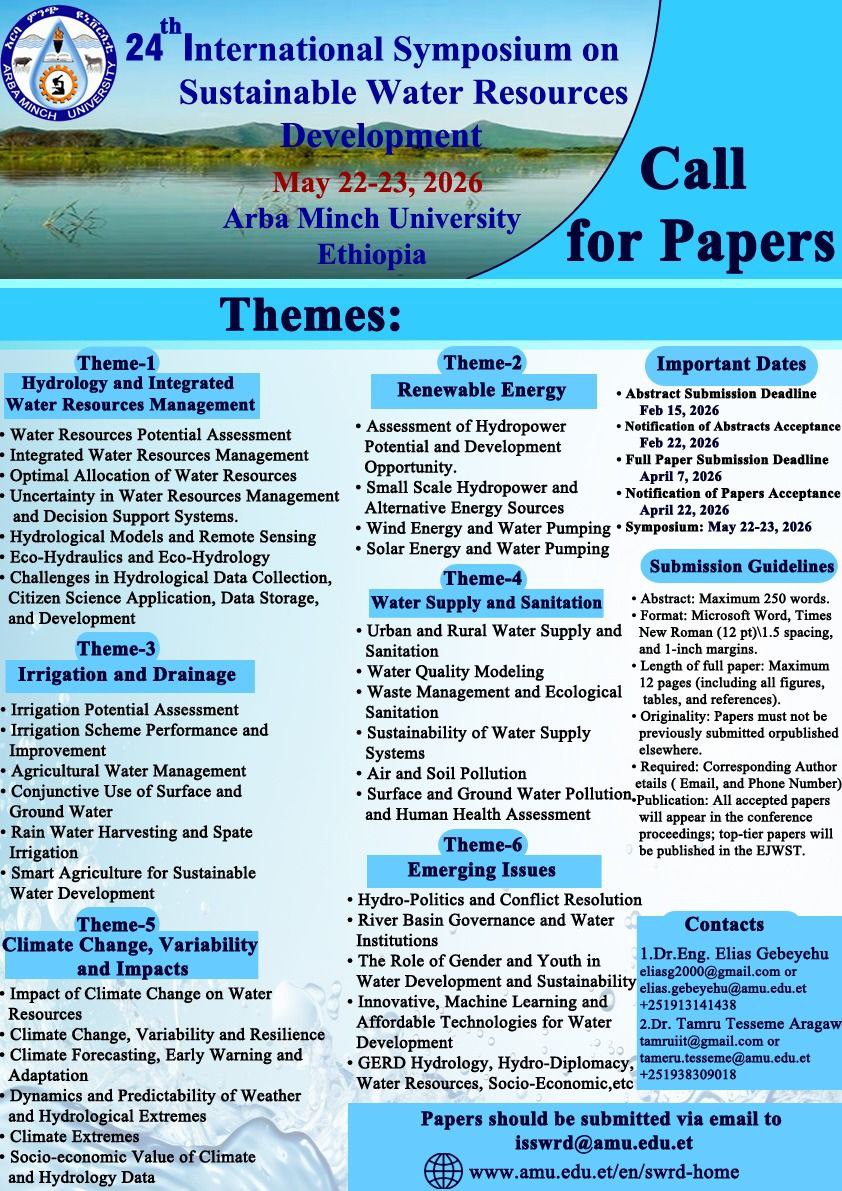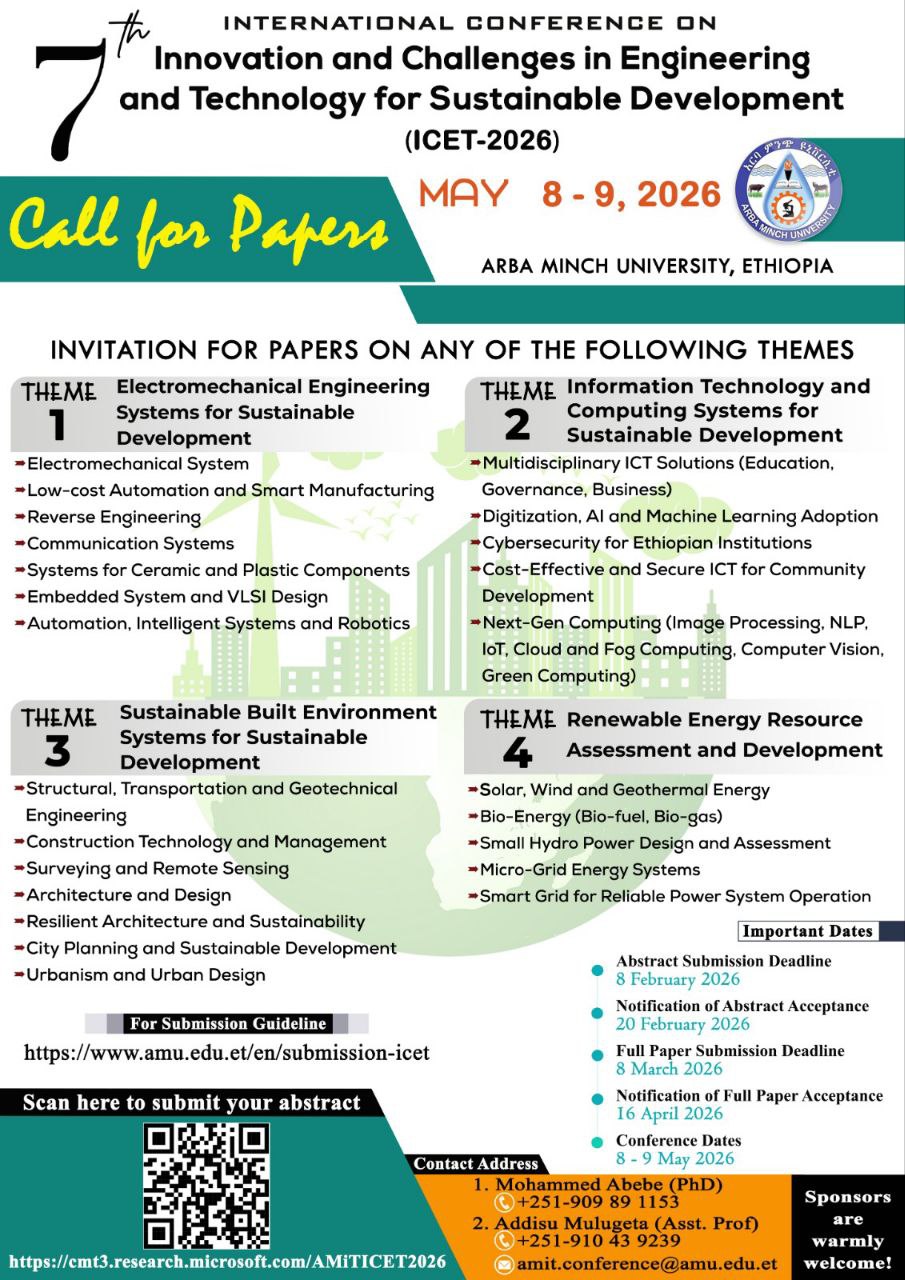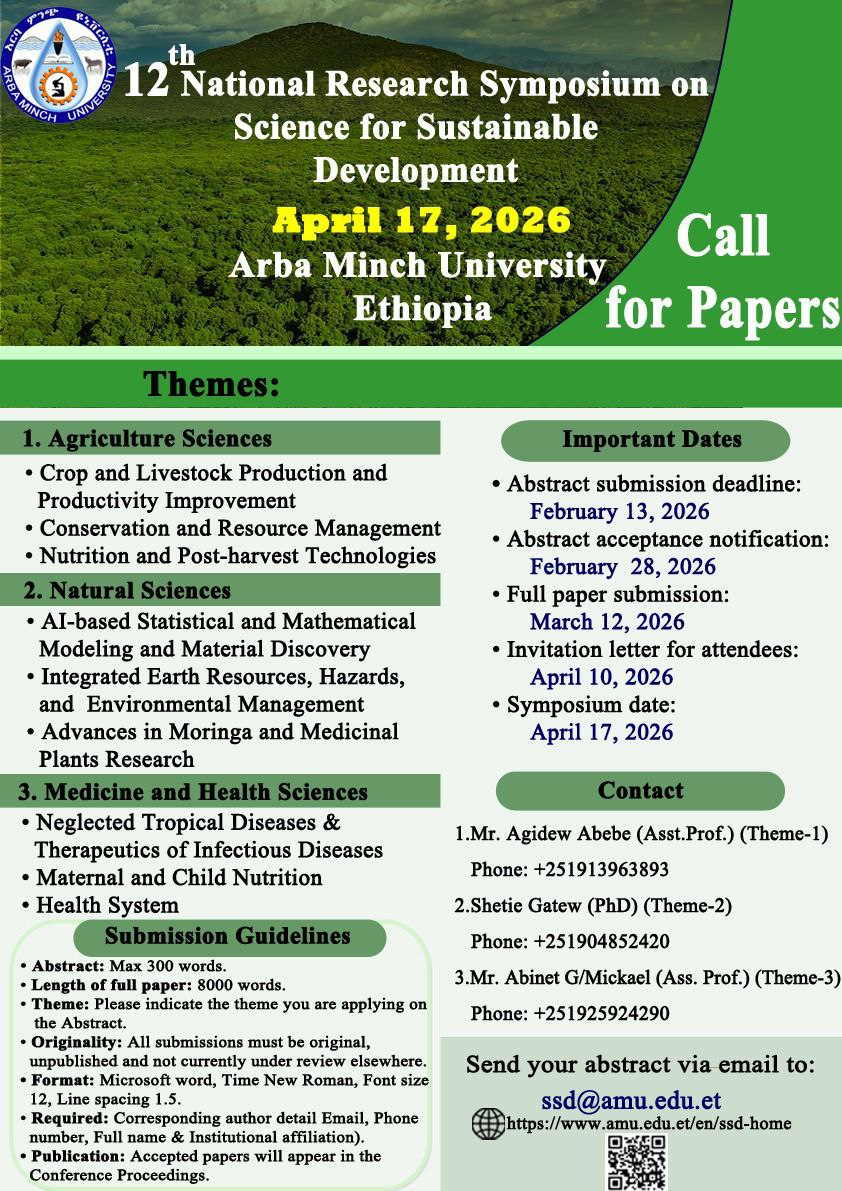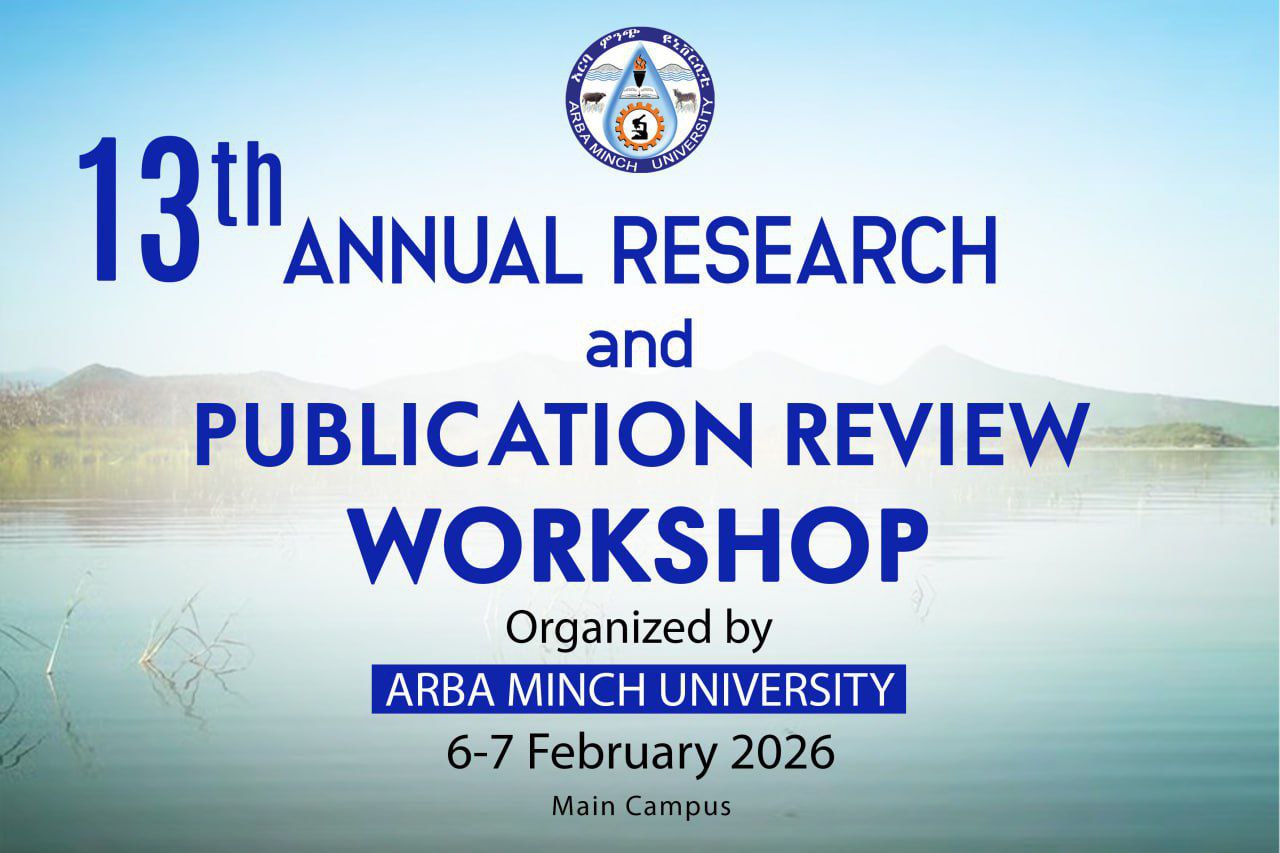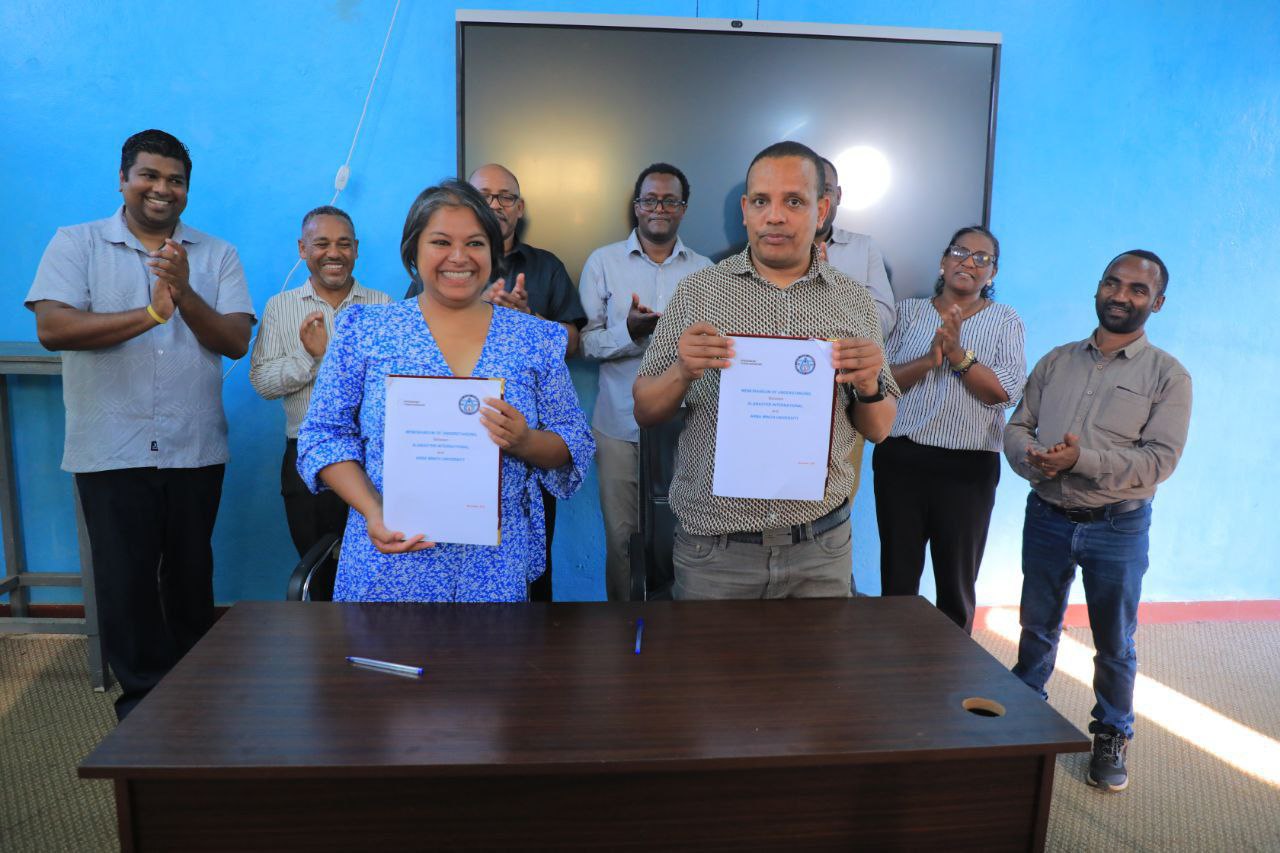Arba Minch University (AMU), in collaboration with Alabaster International, has inaugurated a modern Enset Tissue Culture Laboratory and launched an innovative Enset Mobile Application on November 1, 2025. The milestone marks a major step forward in research, technology transfer, and digital innovation to promote Enset (Ensete ventricosum) — Ethiopia’s indigenous, climate-resilient, and food-secure crop.Click here to see more photos.
Dr. Ing. Abdella Kemal, President of Arba Minch University, emphasized that the university is implementing numerous projects centered on Enset, a crop with immense potential to ensure food and nutritional security. He highlighted that the newly inaugurated laboratory will play a vital role in enhancing the productivity and accessibility of Enset. “The laboratory will enable the university to serve communities by providing disease-free Enset planting materials to farmers, which aligns with our mission of community service,” said Dr. Ing. Abdella. “Furthermore, the Enset Mobile Application will provide additional benefits to farmers and help scale up Enset production throughout Ethiopia and beyond.” He also commended the growing collaboration with Alabaster International, underscoring its importance in driving innovation, knowledge sharing, and community development.
Dr. Teklu Wegayhu, Vice President for Research and Cooperation at AMU, noted that the university recently received an international award in Japan for its groundbreaking Enset research. He explained that AMU’s pioneering work in post-harvest handling and processing technologies has already set new national standards. “The establishment of the tissue culture laboratory completes our initiatives, making our research and innovation efforts a full package,” Dr. Teklu said. “It enables the mass multiplication of disease-free seedlings, significantly boosting productivity, while the mobile application empowers farmers with knowledge and technology to advance Enset cultivation.”
Dr. Shannon Fernando, Founder and CEO of Albaster International, commended the strong partnership between her organization and Arba Minch University, describing it as “a model of impact-driven collaboration.” “The Enset Mobile Application is a groundbreaking technology designed to enhance the scalability and commercialization of Enset,” Dr. Shannon stated. “It digitizes indigenous knowledge, integrates artificial intelligence to provide instant expert guidance, and scales Enset best practices across Ethiopia and the wider African region. We believe in the power of Enset — not only as a food security crop but also as a climate-action tool, helping farmers engage in carbon-sequestration agroforestry. The app even calculates how much carbon is being captured in Enset farms.”
Dr. Sabura Shara, Principal Investigator of the collaborative project titled “Enset Cultivation, Development and Utilization in Ethiopia and Kenya,” elaborated on the research partnership involving Alabaster International, AMU, the Ethiopian Biodiversity Institute (EBI), Jomo Kenyatta University of Agriculture and Technology (JKUAT), and the Girl Child Network. He explained that the newly established laboratory will have a crucial role in combating bacterial wilt disease, a major threat to Enset cultivation. “The tissue culture laboratory will minimize the effects of bacterial wilt by supplying mass-produced, disease-free planting materials,” Dr. Sabura noted. “It is equipped with advanced biotilt technology, which eliminates manual multiplication and makes the facility highly efficient and cutting-edge.”
Dr. Degife Assefa, Dean of the College of Agricultural Sciences, emphasized that the presence of the tissue culture laboratory within the college is a significant to boost research and innovation. He noted that the facility will enable the college to take a leading role in supporting farmers, improving agricultural productivity, and translating scientific research into practical solutions for the community.
Dr. Meseret Fenta, Lecturer and Researcher in Plant Propagation and Biotechnology, highlighted that tissue culture technology enables the rapid, year-round production of disease-free planting materials. She noted that the fully equipped laboratory supports sustainable plant propagation and offers significant revenue potential for the University.
Dr. Gezahgn Garo, a researcher and project team Leader, highlighted the significance of the Enset Mobile Application in supporting Enset cultivation. The application facilitates the sharing of best practices across Enset-growing regions and promotes the expansion of Enset cultivation to areas of Ethiopia and beyond where the crop is not traditionally grow.
During the event, the AMU–Alabaster team visited research fields, women-led Enset fiber cooperatives, modern processing centers, value-added Enset producer enterprises, and a Maternity Waiting Home in Chencha Zuria Woreda and Arba Minch town. In addition, AMU and Albaster International signed an updated Memorandum of Understanding (MoU) to further strengthen and expand their collaboration on Enset research, innovation, and community development initiatives.
For more Information Follow us on:-
Website - https://www.amu.edu.et/
Telegram - https://t.me/arbaminch_university
Facebook - https://www.facebook.com/ArbaMinchUniversityccd/
YouTube - https://www.youtube.com/channel/UCOO_nclhMo8M3r74OyPBlVA
Public and International Relations Executive


